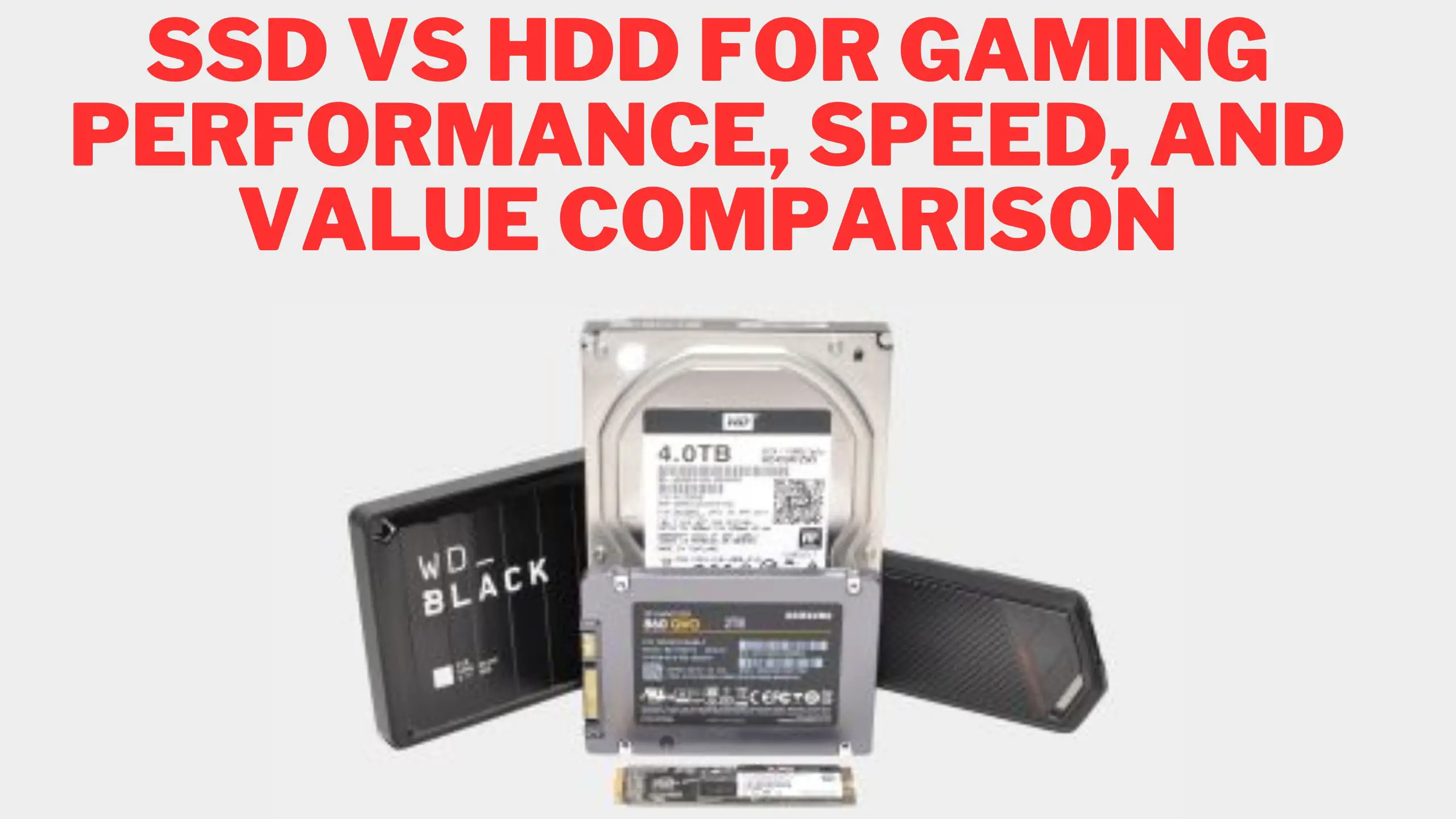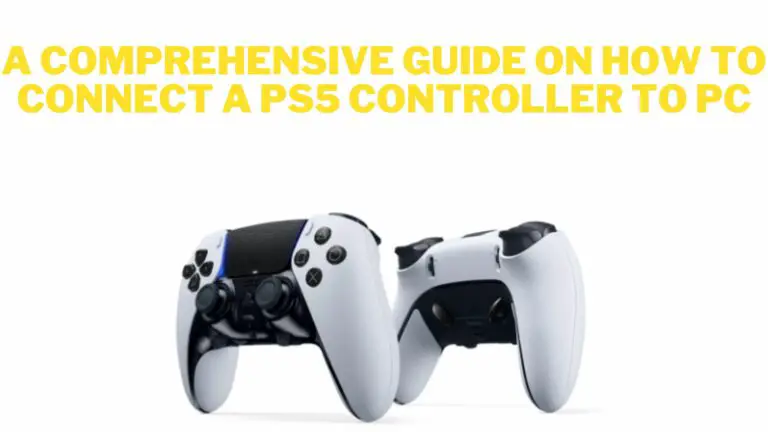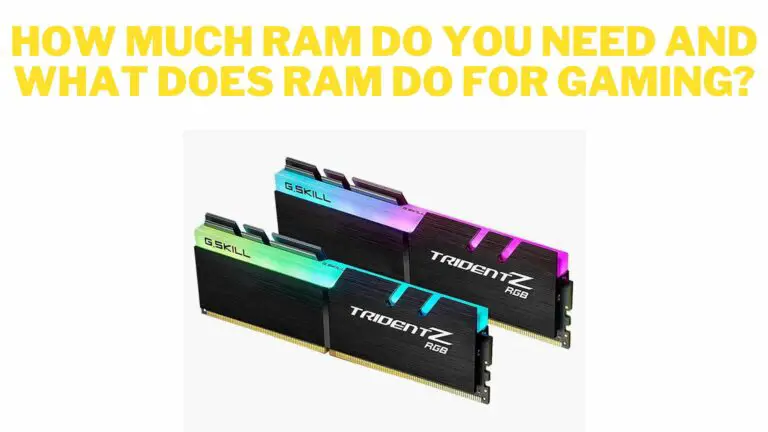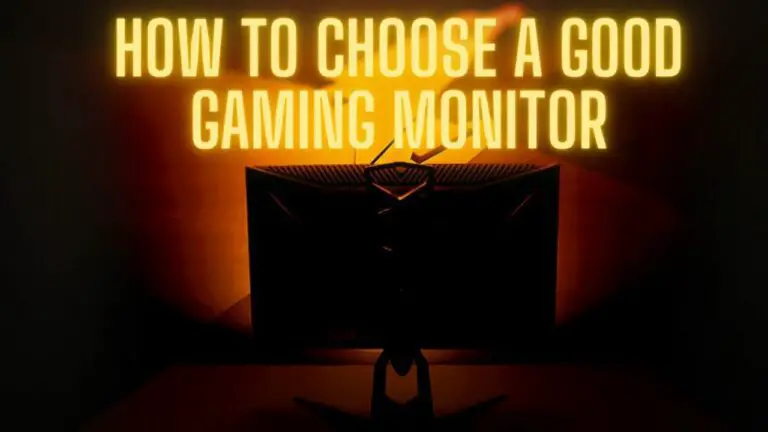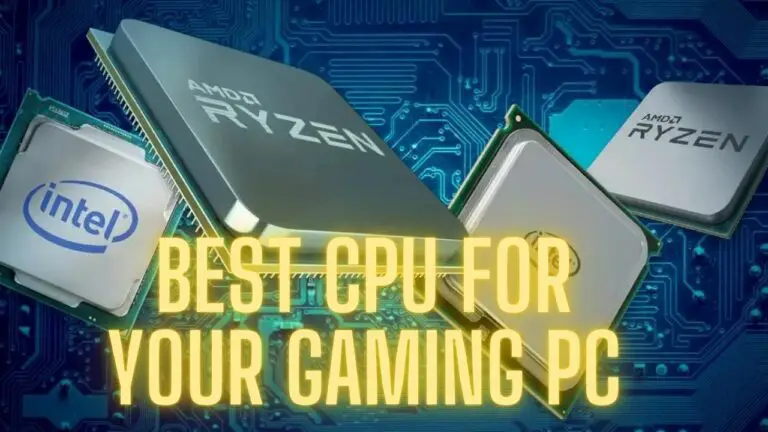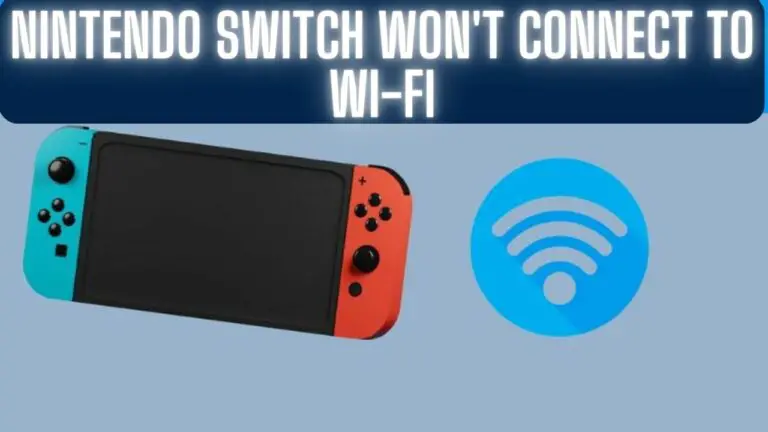SSD vs HDD for Gaming Performance, Speed, and Value Comparison
Introduction
In the realm of gaming, the debate over storage options – Solid State Drives (SSDs) versus Hard Disk Drives (HDDs) – continues to be a significant topic among gamers and enthusiasts. Both storage technologies have their merits, but understanding their differences and how they impact gaming performance is crucial when choosing the right storage solution. This comprehensive analysis aims to explore the intricacies of SSDs and HDDs concerning gaming, delving into their performance, speed, reliability, and overall value. In this article, we will talk about SSD vs HDD for gaming performance, speed, and value comparison.
Understanding SSDs and HDDs
Solid State Drives (SSDs) leverage flash memory to store data, enabling faster read and write speeds compared to traditional Hard Disk Drives (HDDs). SSDs have no moving parts, leading to faster access times and enhanced reliability. On the other hand, Hard Disk Drives (HDDs) use spinning magnetic disks and mechanical arms to read and write data. They are typically slower in data transfer rates but often offer larger storage capacities at more affordable prices compared to SSDs.
Performance Comparison
When it comes to gaming, storage performance significantly impacts loading times, game launch speeds, and overall system responsiveness. SSDs shine in this department due to their swift read and write speeds. Games installed on SSDs exhibit faster loading screens, reduced in-game loading times, and quicker level transitions compared to HDDs. This advantage is particularly noticeable in open-world games where seamless transitions between different areas are crucial for an immersive gaming experience.
In contrast, HDDs, while offering larger storage capacities for a lower cost per gigabyte, tend to lag behind in speed. Gamers using HDDs might encounter longer loading times, slower level rendering, and occasional stuttering, especially in graphically intensive games that require rapid data access.
Speed and Access Time
SSDs excel in speed and access time due to their lack of mechanical components. They offer nearly instantaneous data access, resulting in quicker boot times and faster application launches. Gamers benefit from reduced waiting periods between levels or respawns, contributing to a smoother and more enjoyable gaming experience. Additionally, SSDs enhance overall system responsiveness, allowing for faster file transfers and improved multitasking capabilities.
Conversely, HDDs, with their spinning platters and mechanical arms, have inherently slower access times. This leads to comparatively longer load times, slower application launches, and delays in accessing game data, impacting the overall gaming performance, especially in modern games designed with high-resolution textures and complex environments.
Reliability and Durability
Another critical aspect to consider is reliability. SSDs, lacking moving parts, tend to be more durable and less prone to physical damage caused by shock or movement. Their robustness makes them an ideal choice for laptops or portable gaming setups, where vibrations or accidental drops could potentially damage an HDD.
HDDs, while offering higher storage capacities at a lower cost, are more susceptible to physical damage due to their mechanical nature. The spinning disks inside an HDD make them vulnerable to shock or movement, increasing the risk of data loss or drive failure, which could impact gaming experiences and potentially lead to data loss.
Price-to-Performance Ratio
While SSDs offer superior performance, their higher cost per gigabyte compared to HDDs remains a deciding factor for many gamers. The price difference between SSDs and HDDs for the same storage capacity can be substantial. However, as SSD technology advances and becomes more affordable, the price difference has gradually diminished, making SSDs a more viable option for gaming.
For gamers seeking faster load times and enhanced performance, investing in a smaller-capacity SSD for installing the operating system and frequently played games, coupled with a larger HDD for additional storage, could strike a balance between speed and cost-effectiveness.
FAQS
1. What is the main difference between SSD and HDD in gaming?
SSDs use flash memory and have no moving parts, providing faster data access speeds compared to HDDs, which use spinning disks and mechanical components. This faster speed results in quicker game load times, faster level loading, and overall smoother gaming experiences.
2. Does using an SSD instead of an HDD improve gaming performance?
Yes, using an SSD can significantly improve gaming performance in terms of reduced loading times, faster data access, and quicker file transfers. However, SSDs don’t directly affect in-game framerates or graphics quality.
3. Is an SSD necessary for gaming, or can I use an HDD?
While an SSD is not mandatory for gaming, it significantly enhances the gaming experience due to faster load times and improved system responsiveness. HDDs are still functional for gaming but might lead to longer load times and potentially slower performance, especially in open-world games or those with vast maps.
4. Can I use both an SSD and HDD for gaming?
Yes, many gamers use a combination of SSDs and HDDs in their systems. SSDs are often used to store the operating system, frequently played games, and crucial applications for faster access. HDDs are utilized for mass storage of games, media files, and other data due to their larger capacities and lower cost per gigabyte.
5. Which SSD type is best for gaming: SATA or NVMe?
Both SATA and NVMe SSDs offer significant speed improvements over HDDs, but NVMe SSDs generally provide faster data transfer rates compared to SATA SSDs. For gaming, either can offer a noticeable performance boost over an HDD, but NVMe SSDs may provide slightly faster load times due to their superior read and write speeds.
6. Are SSDs more reliable than HDDs for gaming?
SSDs are generally more durable and reliable than HDDs due to their lack of moving parts, making them less prone to mechanical failures. However, both SSDs and HDDs can fail, so it’s essential to regularly back up your gaming data regardless of the storage type.
7. Do SSDs or HDDs affect FPS (Frames Per Second) in games?
Generally, SSDs do not directly impact FPS in games. FPS is more influenced by a combination of CPU, GPU, and RAM performance rather than storage. However, an SSD can indirectly improve FPS by reducing game loading times and preventing storage-related bottlenecks.
8. Is it worth upgrading from an HDD to an SSD for gaming?
Yes, upgrading from an HDD to an SSD can significantly improve the gaming experience by reducing load times and enhancing overall system responsiveness. If faster load times and smoother gameplay are important to you, upgrading to an SSD is worth considering.
Conclusion
In the eternal debate of SSDs versus HDDs for gaming, the choice ultimately depends on individual preferences, budget constraints, and desired performance. SSDs offer unparalleled speed, faster load times, and improved system responsiveness, making them an excellent choice for gamers who prioritize performance over storage capacity. On the other hand, HDDs remain a cost-effective solution for those requiring higher storage capacities at a more affordable price point.
For the best gaming experience, a combination of both storage technologies – using an SSD for the operating system and frequently played games alongside an HDD for bulk storage – might offer the optimal balance between speed, performance, and affordability.
As technology continues to evolve, SSDs are expected to become more affordable, potentially narrowing the gap between SSDs and HDDs in terms of price, making SSDs the go-to choice for gaming enthusiasts seeking top-tier performance. However, for budget-conscious gamers requiring vast amounts of storage, HDDs will likely remain a viable option for the foreseeable future.
Ultimately, the decision between SSDs and HDDs for gaming should consider a balance between performance, capacity, budget, and future upgradeability to ensure an optimal gaming experience tailored to individual preferences and needs.

